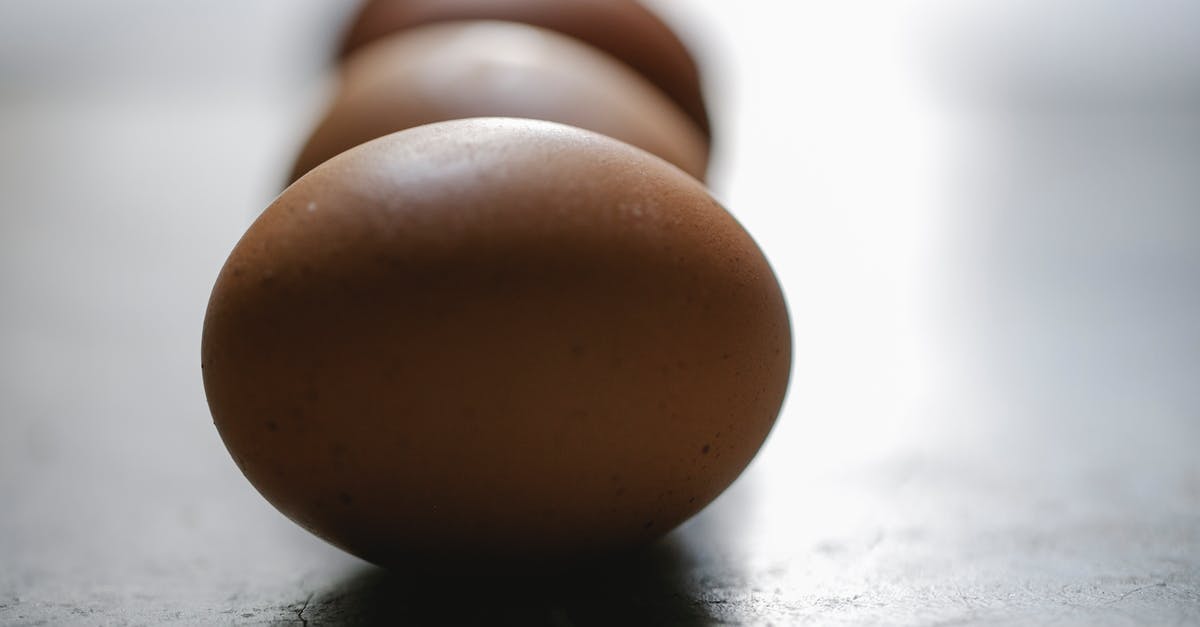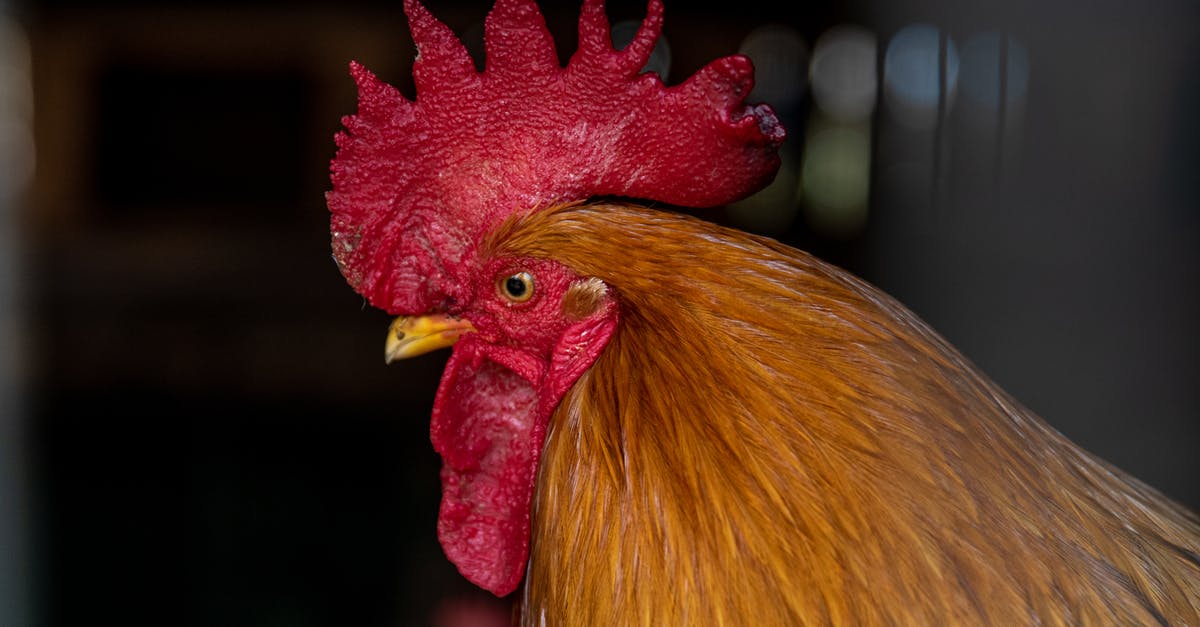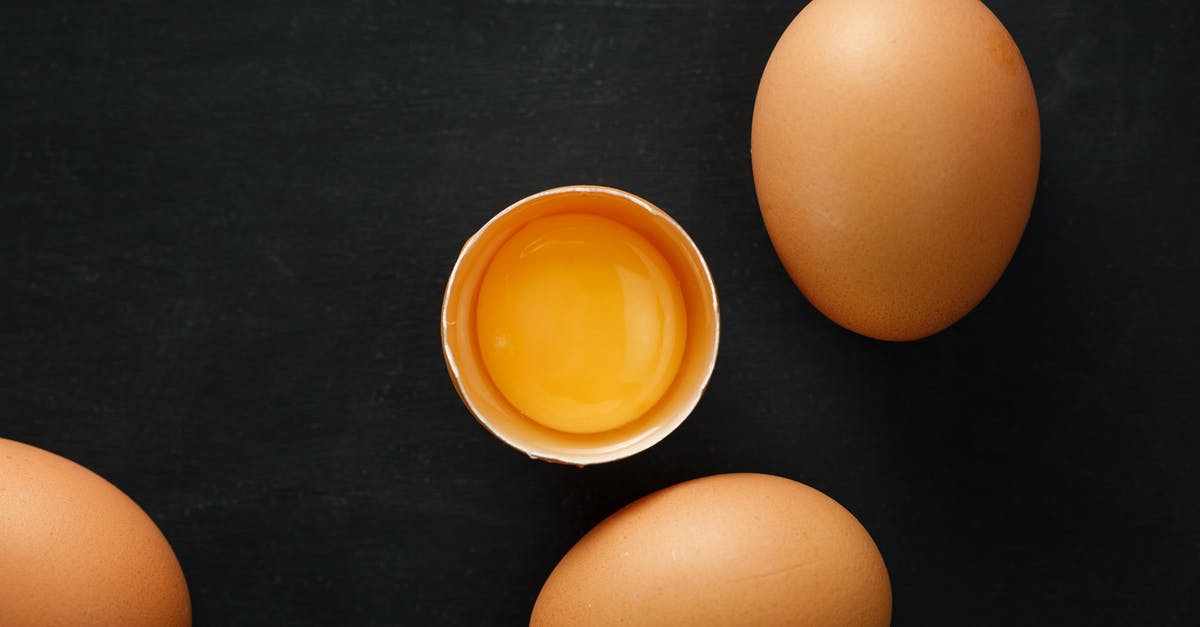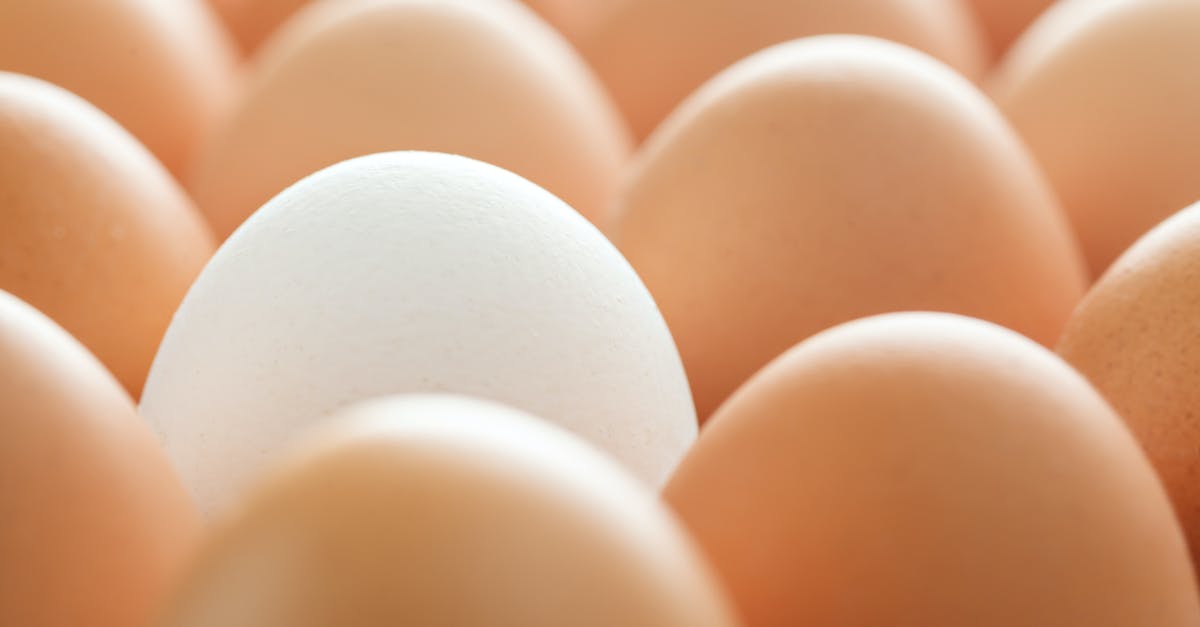How to properly brown cut-up chicken breast pieces?

Yesterday I was trying to cook "Chicken Tonight". The jar instructs to cut 400 grams of chicken breast in "small" pieces (we use two jars, so I end up with 800 grams), then to brown those pieces in a pan.
No matter what I try, I can't get the chicken to brown: I've got the pan as hot as it can reasonably go. I'm using an induction stove, I put that on 'boost' and leave the pan for minutes, just heating up. As soon as I add fat (sometimes butter, sometimes olive oil) to the hot pan, it starts showing small bubbles/sizzling almost immediately, and I need to drop in the chicken or it will start to smell burnt.
But no matter what I do, the chicken won't brown. Instead, it starts losing a lot of what I think is water rather quickly, and then it will be more like it ends up cooking in that water. Here's a picture of what I ended up with yesterday, there's a solid half cm of water on the bottom of the entire pan. This usually happens in a matter of seconds, and at that point I take the pan of the heat source. At this point, the chicken pieces are completely done, but except for maybe a slight brown edge on a few pieces, they're also all completely white. I just get rid of the fluid, add the sauce from the jars, and leave that to simmer at this point, because further attempts at getting the chicken to brown will end up with more fluid and drier meat, but no brown.
What do I need to change to properly brown small pieces of chicken breast?
Best Answer
You have overcrowded your pan. All you have to do is to brown it in batches.
Each batch should be so small that you have only one layer of chicken cubes on the pan bottom. The pieces will still lose their water, but it will evaporate quickly, leaving them dry, and they will brown on the bottom. Wait long enough that the first side is browned (don't stir even if you are itching to do something), then stir once until most pieces have fallen on a new side. Repeat until they are generally uniformly browned.
When the batch is ready, empty the chicken pieces into a bowl. You don't have to wash the pan, but you will likely have to add fat again before the next batch goes in.
The pan should be fairly hot, but induction with boost on will be too much. You have to make sure that the meat has enough time for the browning to happen, before it gets too overcooked. "happens in a matter of seconds" means the pan is way too hot.
Pictures about "How to properly brown cut-up chicken breast pieces?"



How do you brown chicken pieces in a pan?
To brown chicken, heat 1-2 tablespoons of oil in a heavy skillet over medium-high heat. Next, season the chicken and place it in the skillet in a single layer. Then, let the meat cook on the first side for 8-10 minutes without stirring it. Finally, flip the chicken over and cook the other side for 8-10 minutes.How do you make browning chicken breast?
The Method: Place a heavy saut\xe9 pan like a Dutch oven over a high flame for a couple minutes, until hot. Add two tablespoons of oil, and heat until shimmering. Turn the flame to medium-high and sear seasoned chicken breasts on each side for a couple of minutes, without jostling, to get nice browning.How long does it take to brown diced chicken?
Heat 2 tablespoons of olive or canola oil in a pan. Fry chicken until it loses its pink color and is slightly browned on both sides, about three to four minutes on each side.Why do you brown chicken before cooking?
Browning isn't just for visual appeal\u2014that delicious Maillard reaction is responsible for the umami-rich flavor you associate with perfectly-cooked chicken That first hot pan-to-chicken sear is vital for getting this delicious browning. It also helps seal in juices so your chicken stays moist and tender.How to Cut a Boneless Chicken Breast | Cooking Basics by Yummly
More answers regarding how to properly brown cut-up chicken breast pieces?
Answer 2
First of all, chicken breast doesn't brown well, because it's low in fat. Additionally, in places like the US, supermarket chicken tends to be heavily brined, retaining a lot of extra water which comes back out when heated. So temper your expectations.
As rumtscho said, your pan is overcrowded, and working in batches will help. But particularly with pieces that small, by the time they're significantly browned, they will be overcooked by modern standards. There's literally nothing you can do about this: You can't rush Maillard browning (or it'll be burnt instead of browned), which means you would need to somehow hold the outside surface around 150C for a few minutes without heating the interior (mere millimeters away) above 75C or so. That is not going to happen.
So: browned pieces, small pieces, moist pieces. Pick two; you can't have all three.
Oh, one other thing: fond. If you were to take the chicken pieces out when they're "fully cooked" (by whatever standard, but not yet browned), leave the liquid in, and keep cooking it, it will reduce and brown nicely. For chicken stewed in a sauce, that'll be a fine substitute. You just need to give the liquid time to cook down by itself.
Answer 3
It could be that what you perceive as water is in fact ... water. Unfortunately the practice of 'plumping' chicken with saltwater is pretty common in the industry as it bulks up weight cheaply. The industry says this makes chicken more juicy when cooked, I'm not convinced on this myself. Whether it's a good thing or not the upshot of plumping is that the water squeezes out when the meat is cooked, which is why you have so much in the pan.
If you can find un-plumped chicken then there will be less water, but I would suggest instead you change your method and brown the chicken as a single piece before cutting it up. Cutting your chicken up into small pieces creates a lot of surface area for water to escape, keeping it as a single piece will keep more moisture in the chicken and will give you a better result.
Sources: Stack Exchange - This article follows the attribution requirements of Stack Exchange and is licensed under CC BY-SA 3.0.
Images: Klaus Nielsen, Magda Ehlers, Julia Filirovska, Julia Filirovska
